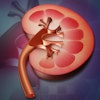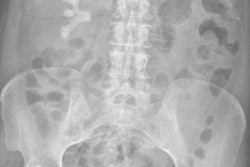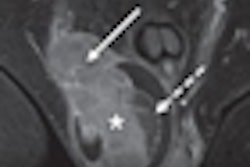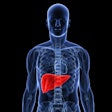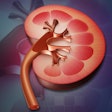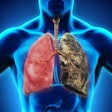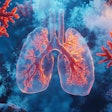Could medical radiation exposure in the womb be responsible for the increase in testicular cancer cases in men? A new study from MD Anderson Cancer Center at the University of Texas found that male mice exposed to radiation while in the womb have an increased chance of developing the disease later in life.
The study team delivered modest doses of radiation to pregnant mice. Weeks later, they found that all of the male offspring of the mice had developed testicular cancer, compared with fewer than half of the animals not exposed to radiation in the womb.
The results mark a major shift in the research model, placing DNA-damaging agents such as radiation at the forefront of likely causes of testicular cancer, commented lead author Gunapala Shetty, PhD, in a statement accompanying release of the study in PLoS One (February 14, 2012).
The work began as an examination of endocrine disrupters as a possible contributor to testicular cancer. The two substances tested separately prior to radiation exposure were estrogen diethylstilbestrol (DES) and the antiandrogen flutamide.
A strain of mice with a high incidence of testicular cancer were exposed to the endocrine disrupters on days 10 and 11 of pregnancy, but neither agent produced a discernible increase in testicular cancer at 4 weeks of age. However, two doses of 0.8-Gy radiation increased the incidence of testicular germ cell tumors, the most common type of testicular cancer, from 40% to 100% in the offspring.
Moreover, the percentage of mice with bilateral tumors, the percentage of tumors that were teratomas, and the weight of testes were all higher in the irradiated mice than in controls, indicating that irradiation spurred the development of more aggressive tumors and more tumor sites in each testis, wrote Shetty, along with Paul Comish, Connie Weng, PhD, and colleagues.
The radiation dose did not disrupt the development of sperm cells but reduced their size compared to cells in the nonirradiated animals. The authors called the study the first proof of testicular cancer induction by an environmental agent. They hypothesized that that male fetuses of women exposed to ionizing radiation at five to six weeks of pregnancy could have an increased risk of developing testicular cancer.




